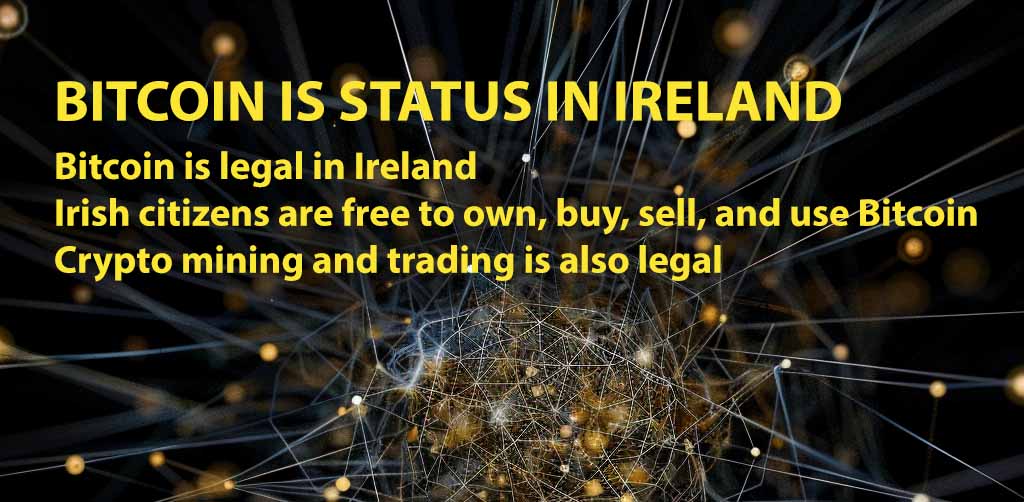New Zealand’s gambling laws are quite strict. They aim to regulate public gambling to protect residents and maintain fairness. The Gambling Act of 2003 and the Department of Internal Affairs help to ensure that all gambling is conducted responsibly and as harm-free as possible. All public gaming establishments must be licensed and adhere to certain rules. New Zealand has banned some types of gambling, such as online casinos and slots. However, Kiwis can still access offshore gambling websites through the loophole in regulation.
Read more
What is an NFT in Simple Terms? – The Largest FAQ Section
When buying a piece of art or jewelry, you may be able to enjoy the item you purchase. You may either put them in your collection or resell them to increase your assets. With the spread of digitalization, people have started to think about implementing the same approach to virtual values. Blockchain development led to the emergence of such a concept as NFT.

Bitcoin Regulation in New Zealand
Bitcoin regulation in New Zealand are multifaceted and ever-evolving. The country’s regulatory framework encompasses various aspects of financial conduct, anti-money laundering measures, taxation, and consumer protection. Our guide will delve into the current tax treatment of Bitcoin by the Inland Revenue Department and explore how the Financial Markets Authority (FMA) regulates businesses dealing in Bitcoin. In addition, we will highlight the ongoing discussions surrounding potential future regulations. By understanding this evolving landscape, we can gain valuable insights into how New Zealand approaches the exciting world of Bitcoin and other cryptocurrencies.
Gambling Regulation in Canada
Gambling regulations in Canada present a unique and intricate framework shaped by both federal and provincial jurisdictions. For instance, while the Criminal Code lays down a blanket ban, it carves out exceptions for provinces to “conduct and manage” gambling activities. Therefore, each province has its unique approach to casinos, lotteries, sports betting, and online gambling. The diversity makes the Canadian gambling environment quite complex. This article provides the most relevant information on regulations such as the Ontario law, the legal age to gamble, online gambling status, and much more. Read more
Gambling Regulation in United Kingdom
The gambling regulation in the United Kingdom are quite strict compared to other countries. They are developed to ensure a fair, transparent, and safe environment for all players. Governed primarily by the UK Gambling Commission (UKGC), these regulations cover a wide array of gambling activities, including online and offline casinos, sports betting, bingo, and lotteries. Established under the Gambling Act 2005, the UKGC’s mandate is to oversee the integrity of the gambling industry, protect vulnerable groups, and prevent gambling-related crimes. As the gambling landscape evolves with technological advancements, the UK’s regulatory framework continues to adapt, aiming to balance enabling economic growth and safeguarding public welfare Read more
Bitcoin Regulation in Australia
The Bitcoin regulation in Australia focuses on preventing financial crime and protecting consumers. The regulatory landscape includes legal recognition of Bitcoin, stringent AML/CTF measures, and clear tax obligations. Therefore, this article aims to make sense of the current framework, the government’s stance on the legality of Bitcoin in Australia, and the issues surrounding the taxation of digital assets. We’ll also cover how anti-money laundering measures apply, the latest developments in the industry, and what the future might hold for cryptocurrency exchanges in the Australian market. Read more
Irish Gambling Regulation
Gambling, a popular pastime in Ireland, governed by evolving laws and regulations. The legal landscape of gambling has been shaped by various pieces of legislation, most notably the Gaming and Lotteries Acts 1956 to 2019. However, the rapid growth of online gambling and the emergence of new forms of gambling have posed significant challenges to the existing regulatory framework. The lack of a unified approach is set to change with the introduction of the Gambling Regulatory Authority of Ireland (GRAI). Our comprehensive article on Irish gambling regulation will enlighten you about this body as well as the Gambling Regulation Bill. Let’s get started. Read more
Bitcoin Regulation in Canada
Canada has established a comprehensive regulatory framework for Bitcoin and other cryptocurrencies, emphasizing security, transparency, and consumer protection. While Bitcoin is legal, it is not considered an official currency. Therefore, it does not have the same status as traditional currencies like the Canadian dollar. Instead, it is regarded as a digital currency. Authorities such as the Financial Transactions and Reports Analysis Centre of Canada (FINTRAC) fight against money laundering and terrorist financing activities. Other companies, such as the Canadian Securities Administrators (CSA), provide guidelines for cryptocurrency exchanges, ensuring they comply with securities laws and protect investor interests. This article on Bitcoin regulation in Canada will help you understand more about the Canadian crypto-environment, such as taxes on crypto trading and Bitcoin laws. Read on. Read more
Bitcoin Regulation in UK
The UK government has implemented a comprehensive regulatory framework to address digital assets’ unique challenges and opportunities. While specific regulations directly addressing digital currencies are still evolving, the government recognizes Bitcoin as a legitimate asset. The Financial Conduct Authority (FCA) oversees these regulations, requiring crypto businesses to register and adhere to strict guidelines such as anti-money laundering (AML) and counter-terrorist financing (CTF) standards. To understand more about Bitcoin regulation in UK, we’ll explore how the UK’s existing AML framework applies to Bitcoin and the FCA’s growing influence on cryptoasset promotion. We will also look into the government’s plans for stablecoin regulation and how it will shape the future of Bitcoin in the UK.
Bitcoin Regulation in Ireland
The cryptocurrency world is constantly evolving, and Ireland’s regulatory approach to Bitcoin is no exception. The country has set laws to balance fostering innovation in the crypto industry while ensuring financial stability and consumer protection. For instance, cryptocurrency businesses must register with the Central Bank of Ireland as Virtual Asset Service Providers (VASPs) to comply with Anti-Money Laundering and Counter-Terrorist Financing (AML/CFT) rules. In addition, Bitcoin is not considered legal tender in Ireland. However, it is recognized as a legitimate asset that can be traded and used for transactions. Join me as we explore the key aspects of Bitcoin regulation in Ireland, highlighting the legal status, regulatory bodies, and compliance requirements. We will also delve into recent developments, such as the upcoming implementation of MiCA, a trend that suggests a move towards a more structured regulatory environment for cryptocurrencies in Ireland. Read on. Read more
Read more


